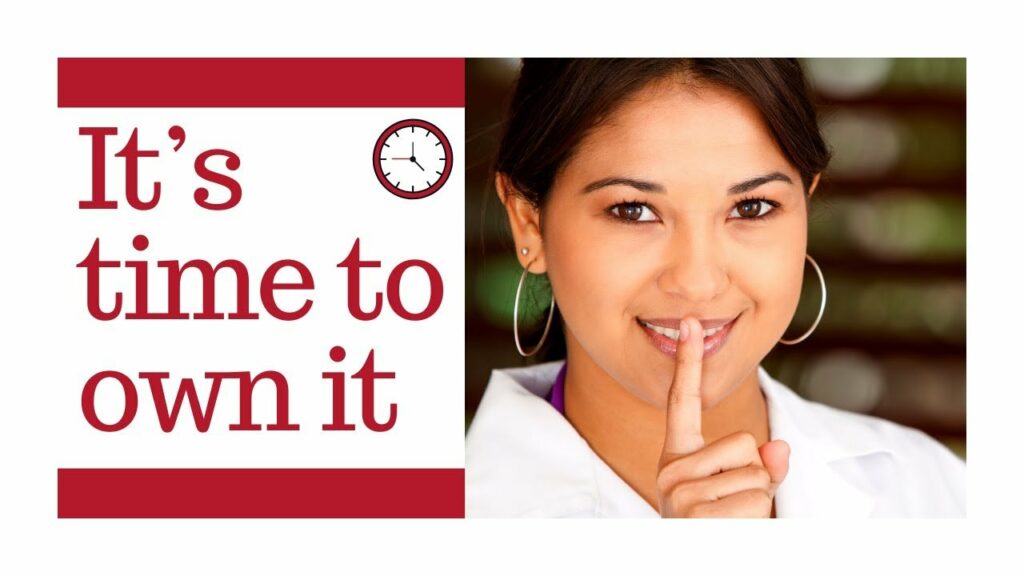Speaking at a recent scientific conference, I prepped by listening to other academics to see where the direction of the conversation was going. One researcher, Dr. Cordelia Fine, an icon on gender in the workplace research, shared her latest research in the Journal of from Social Issues and Policy Review which, in what can feel like dark times, actually gave me a lot of hope!
When she and her team asked thousands of employees from multiple Australian organisations if and why they felt gender diversity in the workplace was important, an overwhelming majority (86%) prioritised justice as their main reason for supporting gender balancing efforts. This was a fantastic surprise as most of us who advocate for improved inclusion are encouraged instead, to focus on the business case.
While the economic benefits were mentioned, far more people cited reasons around justice: that improved gender balance reduced discrimination, mitigated gender norms, provided more opportunities for women, it represented the wider community better, increased the likelihood of power sharing in decision-making, increased the likelihood other marginalised groups would get more attention as well – and one of my favourite; reduced the likelihood of androcentrism: the tendency for products, ranging from services, technology and even medicines to be designed for your average ‘male user’.
This was hugely reassuring, and if you are advocating for equality where you work, I’d encourage you to share it. Too frequently we’ve assumed that the only way to make change was by focusing on the money – as if business people were one-dimensional only think with their wallets, and don’t care about living in a more just world. However, it proves the truism that organisations are merely collections of people – and people want to work someplace where they identify with, and feel cared for by others. And if that’s the post Covid-workplace, then count me in.



